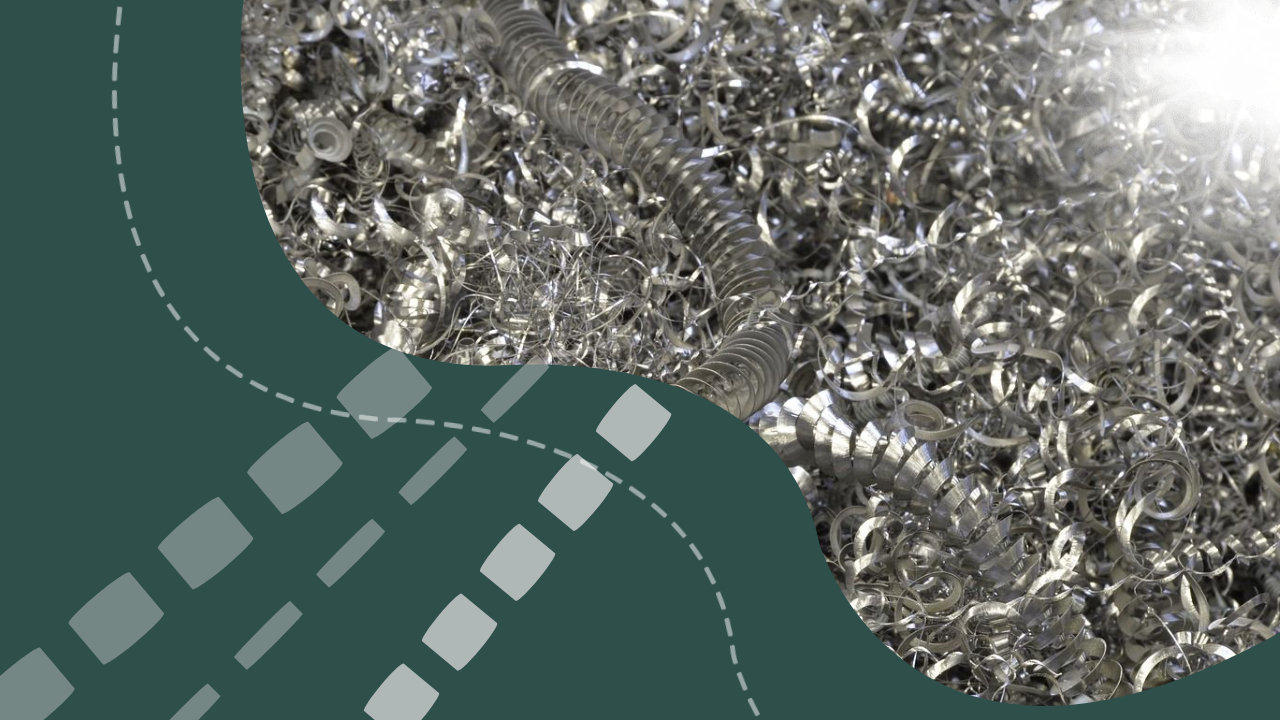ArcelorMittal, Europe’s largest steelmaker, has received approval from the European Commission for €1.3 billion in grants to facilitate the decarbonization of two steel plants in Germany through the use of low-carbon hydrogen.
The grants, sanctioned by the European Commission, are set to bolster ArcelorMittal’s efforts in transitioning its steel plants in Bremen and Eisenhüttenstadt towards greener practices, with plans to utilize renewable hydrogen exclusively. Despite initial operations relying on natural gas, the plants are slated for a shift towards renewable hydrogen, marking a significant step towards sustainable steel production.

